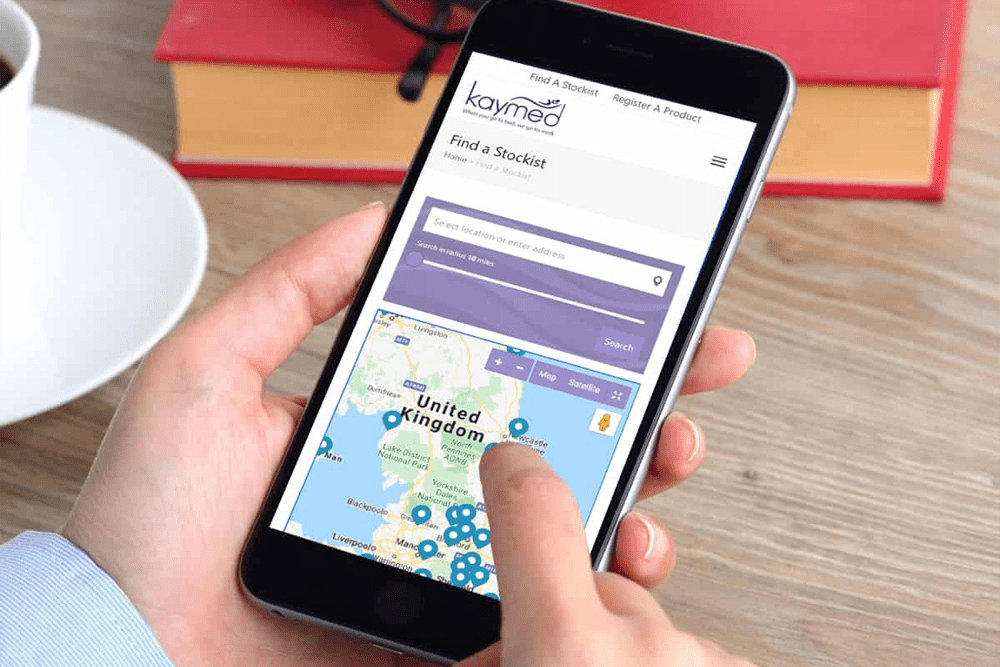Are Your Marketing Messages Clear
The importance of Clear Marketing Messages
Having clear marketing messages is crucial for any business, including SMEs (Small and Medium-sized Enterprises). Clear and effective marketing messages help SMEs communicate their value proposition, establish their brand identity, and attract and retain customers. Here are some reasons why clear marketing messages are important for SMEs:
- Differentiation: In a competitive market, SMEs need to differentiate themselves from their competitors. Clear marketing messages help convey the unique selling points and benefits of their products or services, making it easier for customers to understand why they should choose them over other options.
- Targeting the Right Audience: SMEs often have limited resources, so it’s important to target their marketing efforts towards the right audience. Clear marketing messages allow SMEs to define and understand their target market better, ensuring that their messages resonate with the specific needs and preferences of their ideal customers.
- Building Brand Identity: A strong brand identity helps SMEs build trust and recognition among their target audience. Clear marketing messages convey the brand’s values, personality, and promise, enabling customers to develop a connection with the brand. Consistency in messaging helps reinforce the brand image and establish SMEs as reputable and trustworthy businesses.
- Effective Communication: Clear marketing messages enable SMEs to effectively communicate the benefits and features of their products or services. By presenting information in a concise, compelling, and understandable manner, SMEs can capture customers’ attention, generate interest, and facilitate the decision-making process.
- Maximising ROI: SMEs often have limited marketing budgets and resources. Clear marketing messages improve the effectiveness of marketing campaigns, ensuring that the right message reaches the right audience. This helps SMEs maximise their return on investment (ROI) by targeting their efforts and resources towards strategies and channels that yield the best results.
- Word-of-Mouth and Referrals: When customers understand and resonate with a company’s marketing messages, they are more likely to share their positive experiences with others and refer the business to friends, family, and colleagues. Clear messages make it easier for customers to articulate the value they received, thus increasing the likelihood of word-of-mouth referrals.
Clear marketing messages are essential for SMEs to differentiate themselves, connect with their target audience, build a strong brand identity, and maximise their marketing efforts and resources. They play a pivotal role in attracting and retaining customers, increasing sales, and fostering business growth.

Marketing Messages – Look at the orange image.
What do you read when you see the wording?
With the wording opportunityisnowhere did you see
Opportunity Is Nowhere – a potentially negative statement
or
Opportunity Is Now Here – a potentially positive statement
Amazing how the same message could be seen in two significantly different ways
Think about your sales and marketing messages.
Are they clear and concise or is there potential for them to be misunderstood or misinterpreted.
If you have sales people how do you ensure that they all deliver a consistent message and importantly how do you ensure that customers who have receive have correctly understood.
How To Create Marketing Messages
To create effective marketing messages, follow these steps:
- Define your target audience: Identify the demographics, behaviors, and needs of the people you want to reach.
- Identify your Unique Selling Proposition (USP): What makes your product or service different from others?
- Choose the right medium: Decide which channels you want to use to reach your audience, such as social media, email, or ads.
- Create a clear and concise message: Use attention-grabbing headlines and engaging visuals to convey your USP.
- Test and optimize: A/B test your message to see what resonates with your audience, then adjust and refine as necessary.
- Make an emotional connection: Emotional appeals are often more effective than rational arguments, so try to evoke emotions such as trust, excitement, or aspiration in your messages.
Create the perfect headline
Here are some tips to create an effective headline for your advertising:
- Keep it short and sweet: A headline should be brief, attention-grabbing and to the point.
- Highlight the benefits: Use the headline to showcase what the customer will gain from your product or service.
- Be specific: Use specific numbers, statistics, or facts to make your headline more impactful.
- Ask a question: A question can make the reader curious and engage with your advertising.
- Use strong language: Use strong verbs and adjectives to create a sense of urgency and excitement.
- Make it unique: Try to differentiate your headline from others in your industry to stand out.
- Test and refine: Try different headlines and measure the results to see which one resonates best with your target audience.
Want to pick up the phone and speak to us about your Website project?
Call us on: 01733 361729 mail: solutions@bdolphin.co.uk
Marketing messages are an essential tool for businesses to reach their target audience and convey the value of their products or services. However, not all customers are the same, and businesses must recognize this fact in order to craft effective marketing messages. Different customer segments have different needs, motivations, and preferences, and a one-size-fits-all approach to marketing is likely to miss the mark with many of them.
For example, a Production Director might be attracted to a product’s convenience and ease of use, while a Financial Director may be more interested in its durability and reliability. Similarly, a budget-conscious customer might prioritize value for money, while a luxury-oriented customer might be more interested in exclusive features and premium materials.
It’s crucial for businesses to segment their customer base and tailor their marketing messages accordingly. Segmentation can be based on demographic factors such as age, income, and gender, as well as psychographic factors such as lifestyle, personality, and values. By segmenting their customers, businesses can gain valuable insights into their needs and preferences and create more relevant and effective marketing messages.
Creating different marketing messages for different customer types is critical for businesses that want to maximize the impact of their marketing efforts. By understanding the unique needs, motivations, and preferences of different customer segments, businesses can create more personalised and effective marketing messages that resonate with their target audience.

Examples of poor marketing messages
There have been several examples of marketing messages that were misinterpreted or misunderstood by the target audience, leading to negative consequences for the brand. Some of these include:
- Pepsi’s “Live for Now” campaign, which featured Kendall Jenner participating in a protest, was widely criticized for trivializing the Black Lives Matter movement and was eventually pulled by Pepsi.
- An advertisement by clothing retailer Abercrombie & Fitch that depicted a shirtless man and the tagline “Get Back to the Basics” was seen as insensitive to people with disabilities, who felt the company was suggesting they were not basic.
- An ad campaign by GoDaddy, which featured a woman crying over a dying pet, was widely criticized for being insensitive and exploitative.
- An advertisement by Mercedes-Benz featured a crash test dummy being thrown out of a car was seen as promoting reckless driving and was quickly pulled by the company.
These examples demonstrate the importance of carefully considering the potential consequences of a marketing message and how it may be perceived by the target audience. In order to avoid misunderstandings, it’s crucial for businesses to conduct thorough research and testing before launching a marketing campaign.
Examples of Good marketing messages
There have been many successful marketing messages that effectively communicated the value of a product or service to the target audience and helped drive sales. Some examples include:
- Apple’s “Think Different” campaign in 1997, which celebrated the creativity and innovation of the company’s products and helped establish Apple as a leader in the tech industry.
- Nike’s “Just Do It” campaign, which has been running since 1988, encourages consumers to pursue their dreams and overcome obstacles with the help of Nike products.
- Coca-Cola’s “Open Happiness” campaign, which began in 2009, promotes the idea that drinking Coca-Cola can bring joy and happiness to people’s lives.
- Volkswagen’s “Drivers Wanted” campaign, which ran from 1998 to 2006, celebrated the joy of driving and positioned Volkswagen as a brand for people who love to drive.
These examples illustrate the power of simple, memorable, and emotionally appealing marketing messages that resonate with the target audience and help build brand loyalty. By creating a message that connects with consumers on an emotional level, businesses can create a strong brand identity and establish themselves as leaders in their industry.





